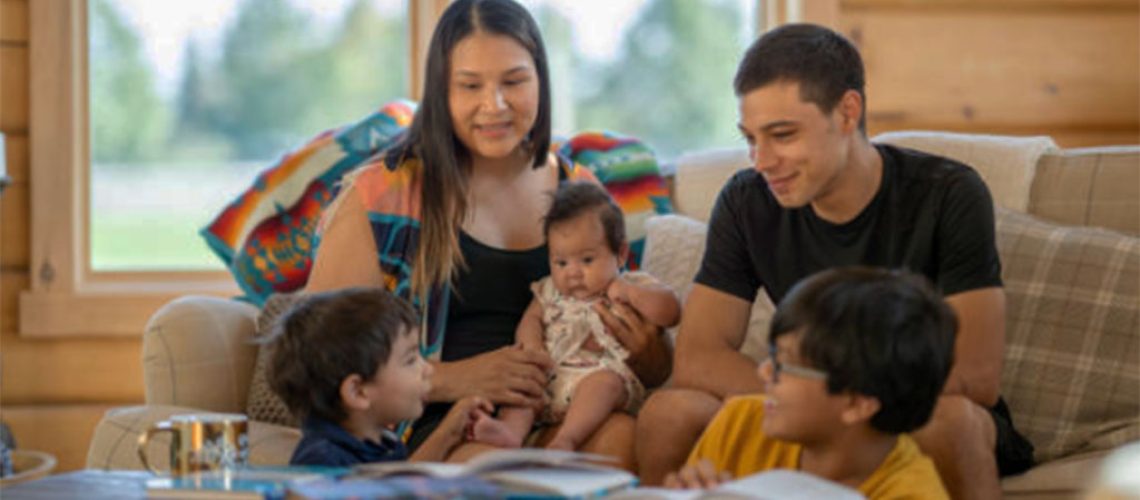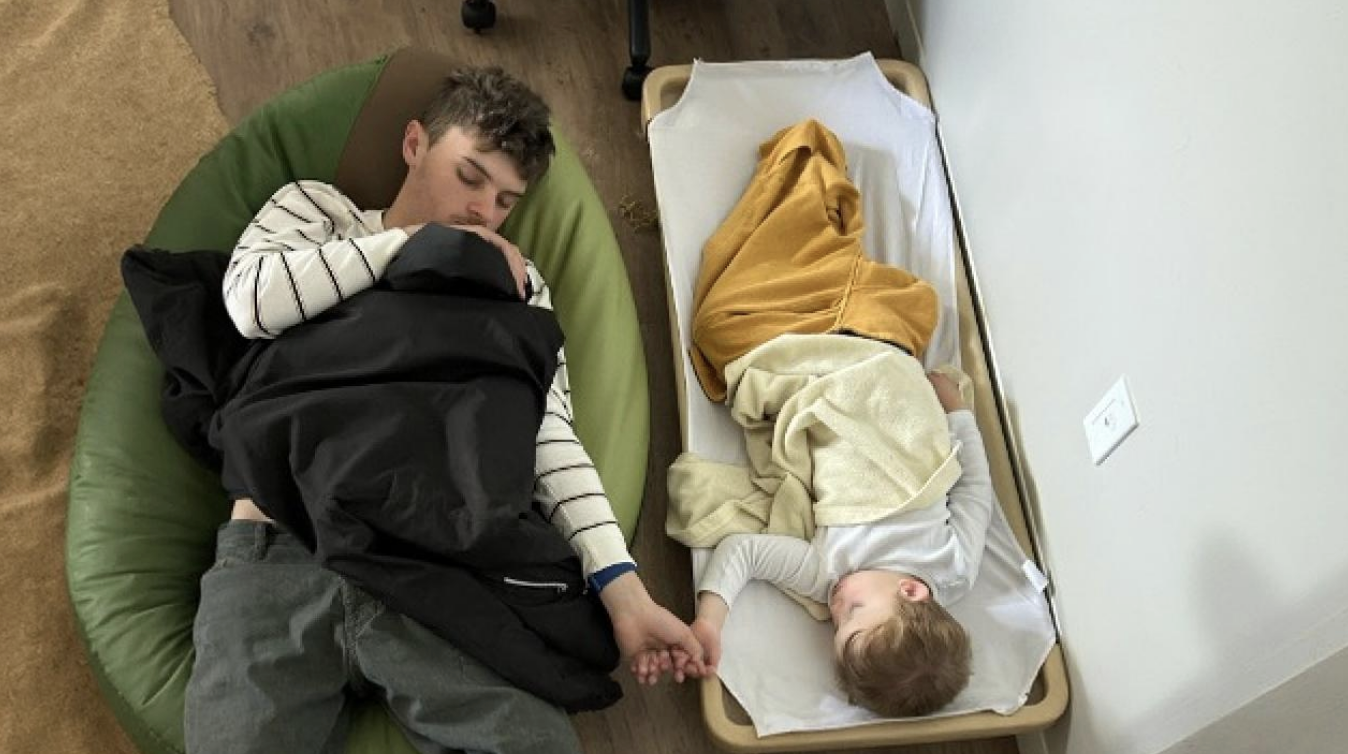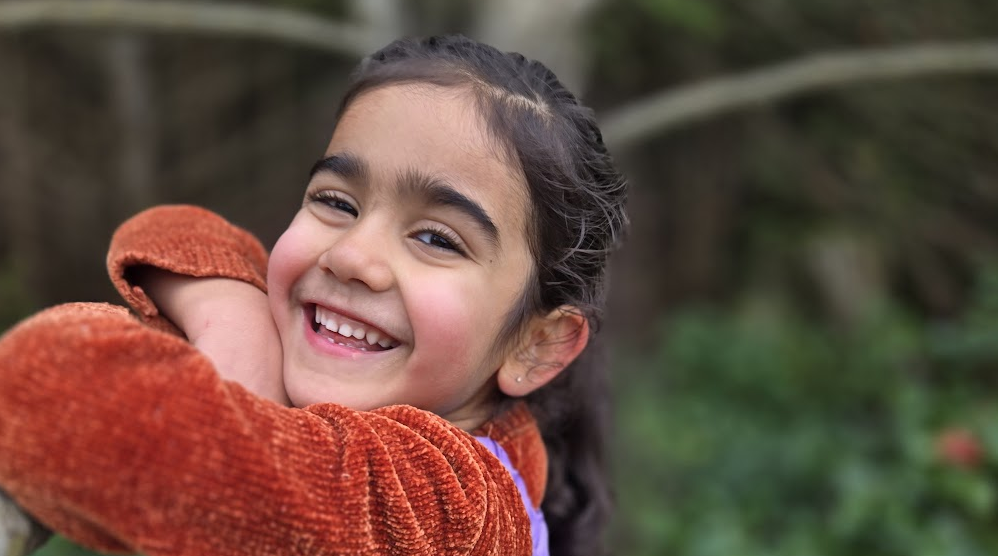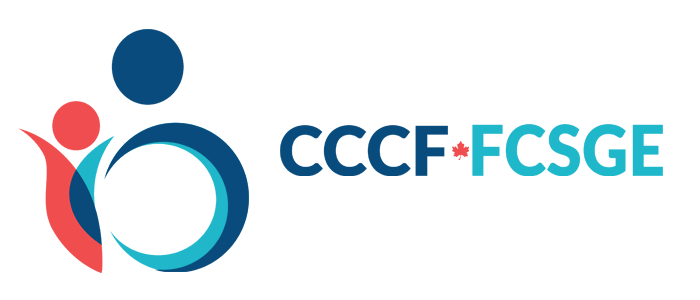In many ways, quality early learning and child care programs for First Nations, Inuit and Métis children are similar to any program. For example, they must offer safe and nurturing care by qualified practitioners, and encourage opportunities to learn and develop skills. In other ways, however, quality child care programs for Indigenous children are different.
Unlike mainstream programs, programs designed specifically for Indigenous children play a key role in supporting children to develop their cultural identity
– an important aspect of social well-being. They encourage learning about culture and language and work to instil a sense of pride and belonging. Mainstream programs too, however, with a little work, produce the same positive results.
Here are a few ideas for how child care practitioners and families can, together and separately, encourage strong cultural identity in Indigenous children, whether they are participating in an Indigenous or mainstream child care program.
Discover our Indigenous Child Care topic area
programs designed specifically for Indigenous children play a key role in supporting children to develop their cultural identity
Ideas for both families and child care practitioners
- Compile a range of digital and printed materials in your children’s traditional language, including signs and pictures as well as books and magazines.
- Look for music in your children’s traditional language and play them regularly– singing along is a great way to reinforce language skills.
- Encourage your children to speak and write their name in their traditional language – for example, by asking them to tell a story or sign a birthday card to a family member.
- Invite local Elders to get involved with your child care program or family, by telling stories, teaching language, cooking a traditional meal or demonstrating traditional hunting, trapping or fishing methods.
- Incorporate Indigenous stories into story-time and traditional arts and crafts – such as drumming, dancing, throat singing, blanket tossing, string games or beading – into play-time.
- Make and serve traditional foods for snacks and meals, such as bannock or muktuk chowder.
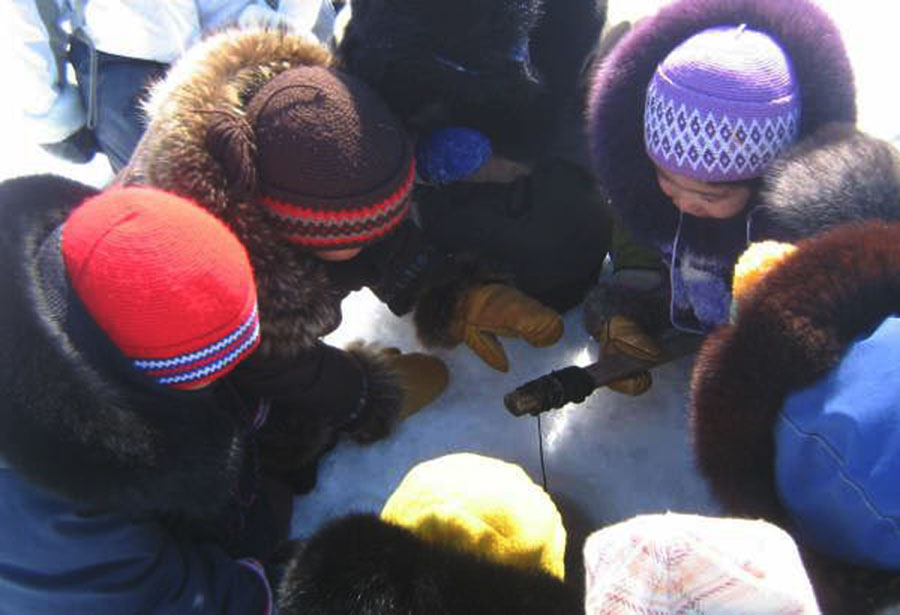
Ideas for child care practitioners
- Find out about the residential school system and make sure you understand how being separated from your language and culture can affect generations of children and their communities. Recognize that traditional parenting practices were lost by many who were separated from their families and grew up without role models – a loss that has had ripple effects that continue today.
- Work with Indigenous parents to find out what they think are the best ways to support their child’s cultural identity. Be open to their ideas and try to incorporate them into your curriculum.
- Learn as much as you can about the specific culture of each Indigenous child in your care – its traditions, history and language.
- Compile a list of simple sentences, not just individual words, in the traditional language of the children in your care. Encourage fellow staff to learn them and use them regularly.
- Recognize that different values and beliefs are enriching, not threatening. As human beings we all have similar needs for love, security and a sense of belonging. It’s how these needs are expressed that differs from one culture to another.
- Re-examine your assumptions and your practice. How are they influenced by your culture and values?
Ideas for families
- If you do not know your traditional language, learn it right alongside your children. Make opportunities for you and your children to listen to it, speak it and write it.
- Alternate reading and telling stories in your traditional language with stories in English.
- Participate as a family in Indigenous community celebrations, ceremonies and gatherings, and take part in traditional activities, such as fishing and gathering berries.
Encouraging Indigenous Cultural Identity at Home and in Child Care
One note of caution
There are over 50 different Indigenous cultural groups in Canada, and protocols for how to invite and work with Elders and use cultural resources may vary
– for example, some songs can only be used by a certain clan or family.
The BC Aboriginal Child Care Society has published a guide that may help. Called Developing Culturally Focused Aboriginal Early Childhood Education Programs: A Handbook. For more information, visit www.acc-society.bc.ca.


